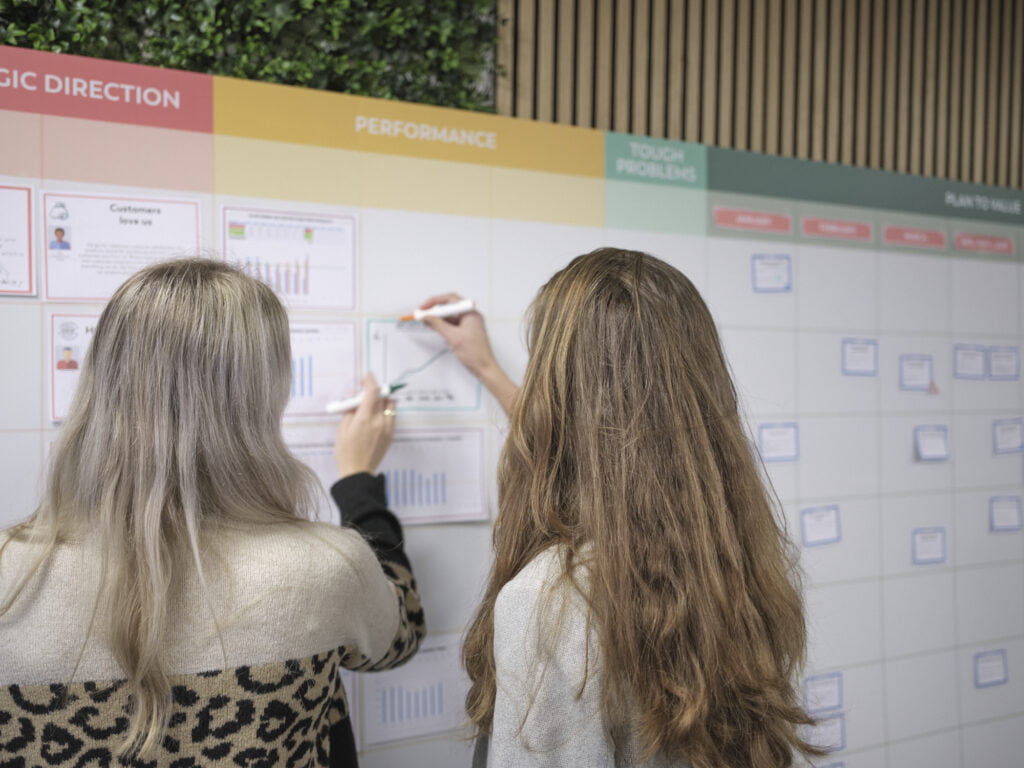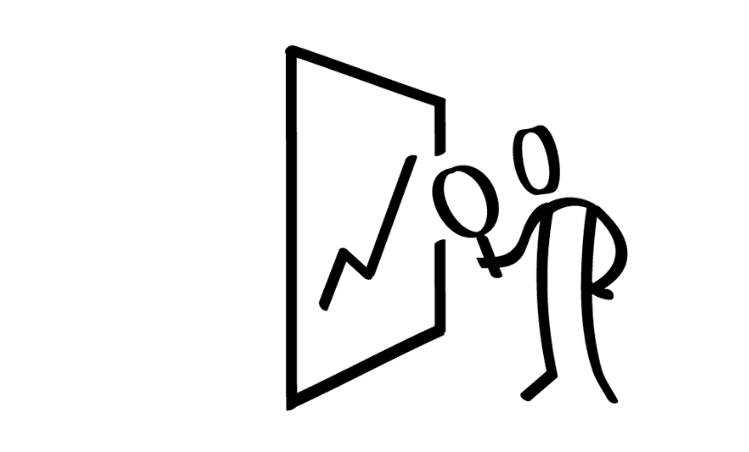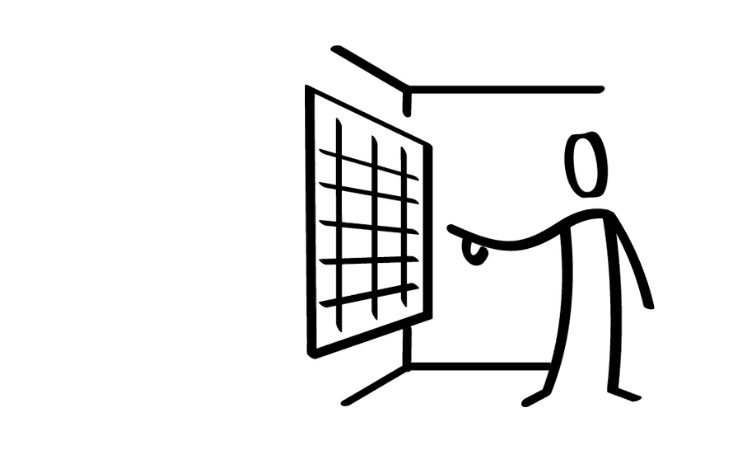Overloaded schedules and frequent meetings
How do you manage more than one hundred and twenty ongoing projects and continuous developments that impact everything?

The challenge
The story is told by Chris Lohstro, director at customs in the Breda region. Initially, Chris was skeptical about Obeya. He faced the challenge of gaining an overview of more than one hundred and twenty ongoing projects and continuous developments that influenced everything. Additionally, Chris struggled with overloaded schedules and frequent meetings.

“One significant challenge within customs was the overloaded schedule and frequent meetings. This resulted in an overwhelming number of topics that needed to be discussed, which overwhelmed the team. If someone made a request to me, I had to adjust my schedule or I wouldn’t be available for four months. The excessive meetings and busy schedules hindered progress.”

“At first, I was very skeptical. I thought, this is just another fad that will blow over. How is this going to result in fewer meetings? But my colleague was really positive, so I decided to give it a try. To avoid selling yet another method to my staff, I took the time to really understand it. I wanted to fully grasp it myself so that I could genuinely support it.”

Approach
“We decided to start with the Obeya kickstart (using the LWO-method), hosted by Obeya Coaching & Training. In three days, we had a fully set-up Obeya, tailored to our specific needs. Instead of visualizing all projects on one board, we chose to use a separate board for future projects, which we called the ‘Chris board.’ We reduced the number of performance charts from 40 to 5 and refocused on the essentials. We gained an overview, and important matters were no longer buried.”

Insights
“A magical moment for me was when we set up the national Obeya, and I could immediately see which discussed points were relevant to the region and whether any action was needed. This gave me peace of mind because the national meetings are on Thursday, and thanks to Obeya, I didn’t have to worry until Monday. No minutes, no loose sheets of actions, everything was in one place, and on Monday, I only had to check the board. This made information sharing much more efficient.”
“I noticed that a basic level of psychological safety helps when using Obeya. Yet, I also observed that Obeya contributes to safety within a team. It’s not the only factor, but it certainly helps.”

Results
“The use of Obeya resulted in significant improvements within the region. The number of meetings was reduced to just three hours per week, leaving more time for substantive discussions and other tasks. The importance of celebrating successes and showing appreciation was also emphasized, contributing to a positive work culture and promoting motivation.”

“The use of Obeya also created an unprecedented overview of the interconnections between various matters within the organization. On the board, it’s a matter of moving a card, but Obeya fosters discussions about the consequences; for example, if we don’t deliver this IT system in the promised week, what is the impact on the businesses in the community?
It enabled us to quickly identify and adjust problems. The board forced the team to have a short-cycle overview and encouraged timely problem identification.”

3 Take-aways from Chris to others:
- Take the time for proper implementation and seek guidance to understand and set up the system correctly.
- Get help in determining what is truly important for the board and avoid overemphasizing less important matters.
- Make the process fun and light by applying creativity and enjoying it with the team, even with serious matters.

What guidance or insights can we offer to help you grow?
